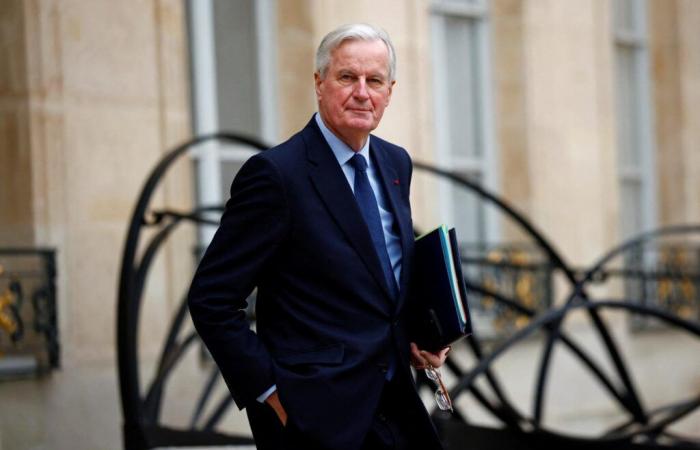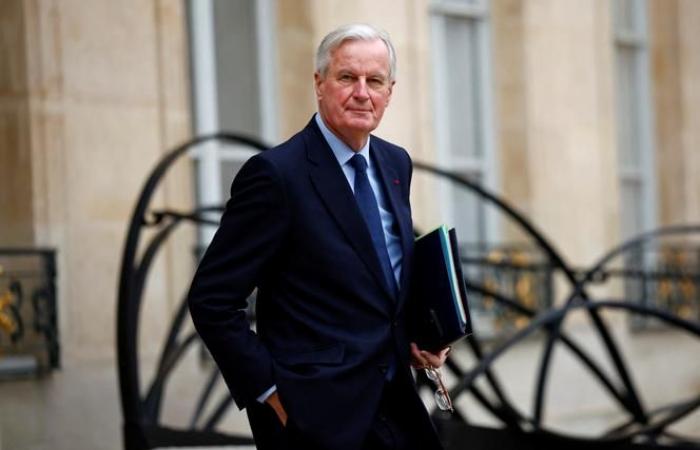If the government falls, “there will be a storm probably quite serious” in financial markets. Is Michel Barnier's prophecy, Tuesday November 26 on TF1, already coming true, perhaps, in part, because the Prime Minister formulated it? The specter of a France without a government or budget is in any case starting to give investors serious chills.
Read also | Article reserved for our subscribers Faced with the threat of censorship, the risk of a France without a budget
Read later
As proof, the sudden tension, Wednesday November 27, on the financial markets. With the approach of a possible motion of censure from the left, which would be supported by the National Rally (RN) to bring down the Barnier government in the coming weeks, the banks are demanding, from now on, to collect higher interests for lend money to France, perceived as a less secure country than before. On Wednesday, this rise in rates caused the shares of the big banks to nosedive on the stock market, and the CAC 40 fell by 1.4% during the session, a more marked drop than for all the other European stock indices.
“The markets are very worried, notes Bruno Cavalier, chief economist at Oddo BHF. Straightening public accounts requires long-term action. However, Michel Barnier is already on borrowed time, and France could end the year without having adopted a budget for the next one. We risk entering unknown territory, without a map, without a plan. The markets put an increasingly high price on this risk. »
“No short-term respite”
It is in the difference between the rates required of France and those applied to Germany that this “risk premium” is best read. Where banks lend to Germany at an interest rate of around 2.15% per year over ten years, they asked France for 3.02% on Wednesday evening. That's a difference of 0.87 points. In the morning, this difference, this “spread”, according to the established English term, even peaked at 0.90. Unheard of in a dozen years.
Between France and Germany, this rate difference was only 0.20 in January 2021, at the time of the Covid-19 crisis. But, over the years, it has continued to increase slowly, with investors noting that Germany was quickly returning to its legendary budgetary seriousness – even if it meant going into recession – while France maintained its “whatever”. it costs” and let the deficit slip away. With the dissolution of the National Assembly, pronounced by Emmanuel Macron on June 9, and the hypothesis of the arrival of the left or the extreme right in power, the gap suddenly worsened, passing in a few days from 0.50 to 0.75. Now the threat of a fall of the government and its budget has taken it a notch higher.
You have 57.15% of this article left to read. The rest is reserved for subscribers.







